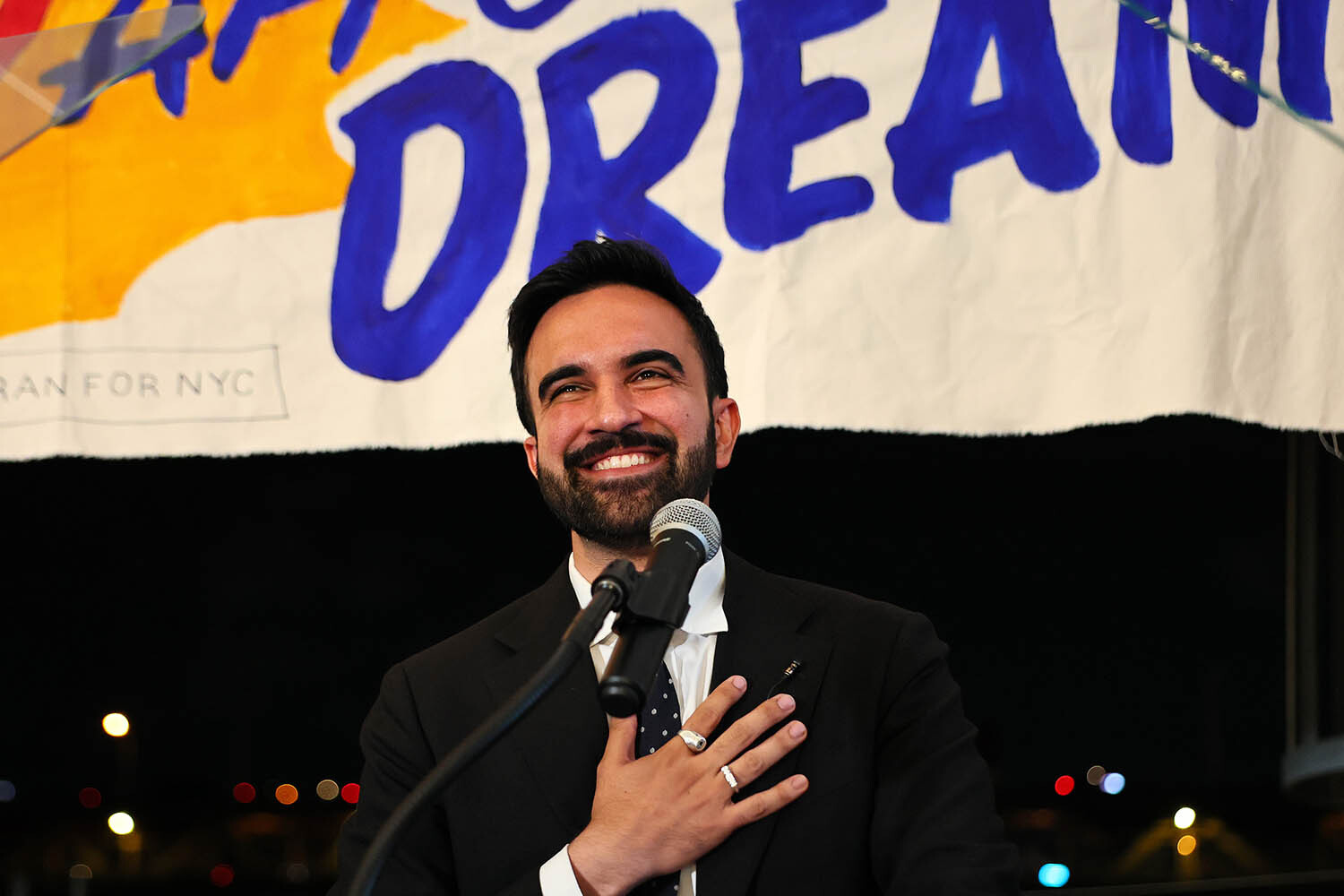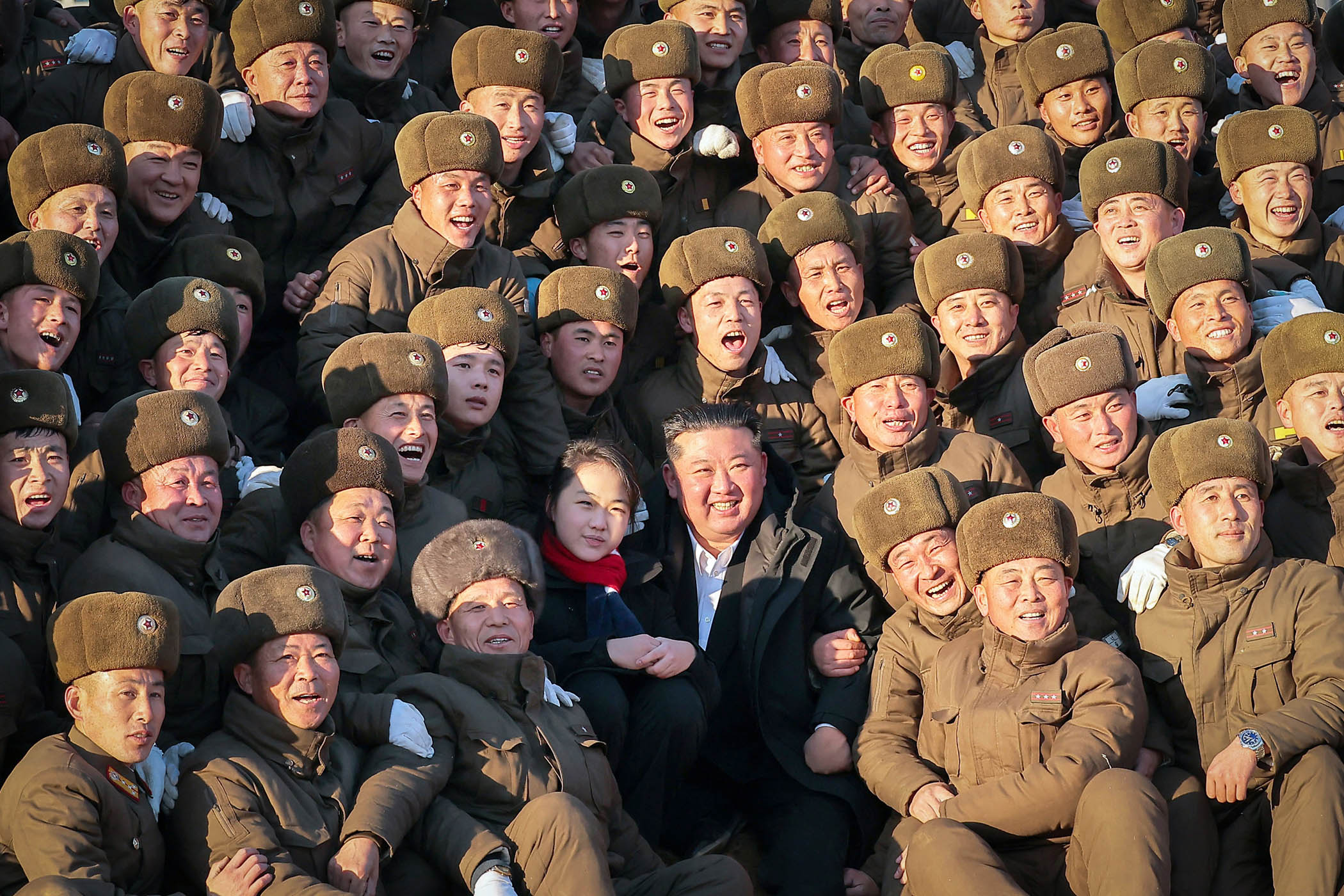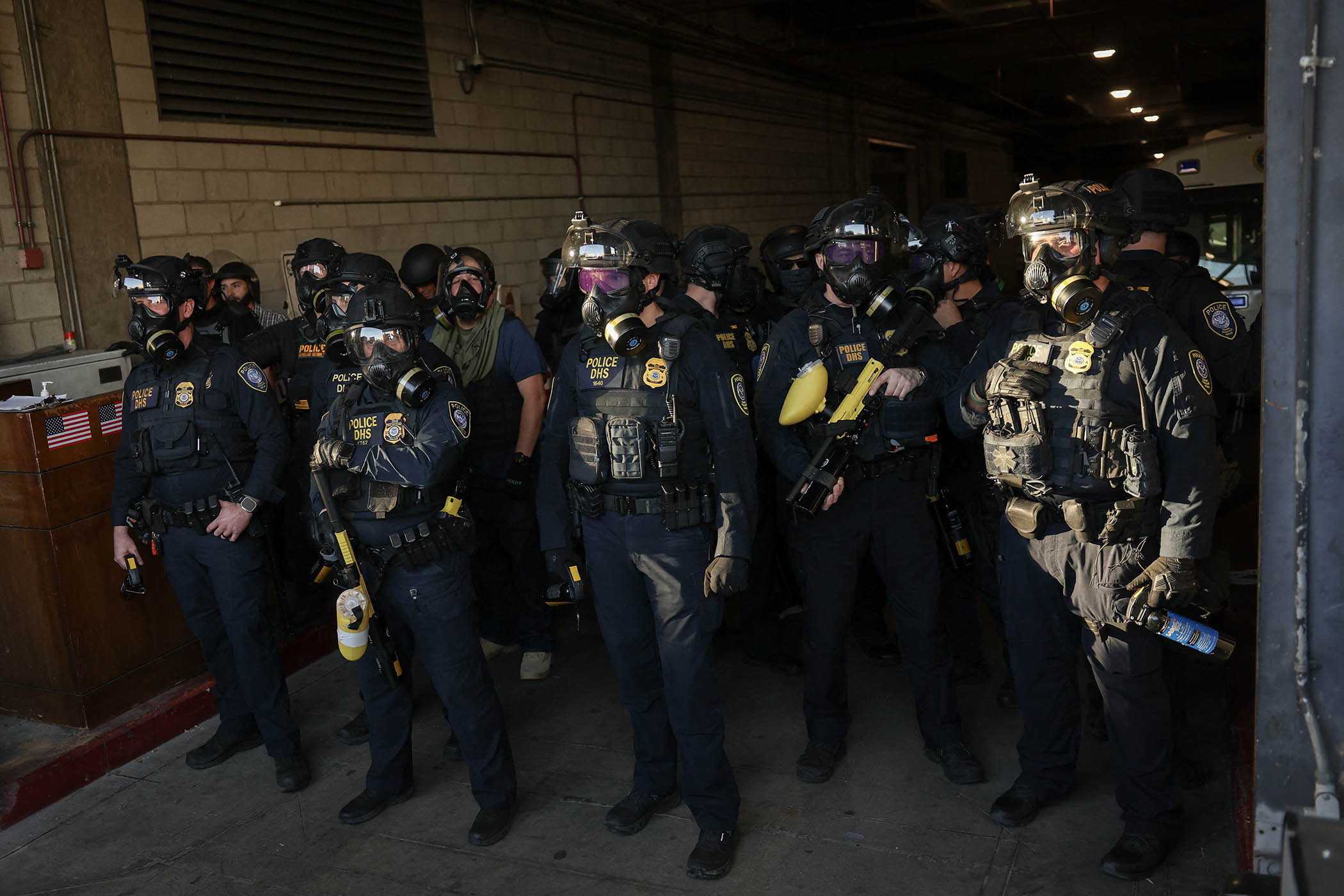Record-breaking donations, decades of political experience and favourable polling meant that many expected Andrew Cuomo to win the Democratic primary to be New York’s next mayor.
So what? He lost to a 33-year-old legislator and socialist who supports rent freezes, free buses, city-owned grocery stores, universal childcare for under-fives and a wealth tax on New York’s one percenters. Zohran Mamdani’s victory is nothing short of a political earthquake that leaves
•
Mamdani the front runner to win one of the top political jobs in America;
•
New York City on course to elect its most progressive mayor ever; and
•
the Democratic establishment looking like yesterday’s news.
Writing on the wall. Final totals may not be known for several days due to New York’s ranked-choice voting system, but with 93 per cent of ballots counted, Mamdani leads Cuomo by 44 per cent to 36 per cent. On Tuesday night Cuomo conceded to Mamdani, who declared victory and told jubilant crowds that “the power belongs to the people”.
Against the odds. In early February, Cuomo was 23 points ahead of his nearest rival in Democratic surveys. Mamdani was on 1 per cent. Even surveys conducted in the days before the vote appear to have dramatically understated Mamdani’s popularity.
Rank and file. Cuomo’s endorsements included former US president Bill Clinton, former New York mayor Michael Bloomberg, former majority whip Jim Clyburn and several labour unions. A super PAC created by an adviser raised $25 million to boost Cuomo’s campaign, receiving donations from Bloomberg, the food delivery service DoorDash and the investor Bill Ackman. It was the largest super PAC ever created in a New York mayoral campaign.
Stars and socialists. Mamdani, on the other hand, was endorsed by Alexandria Ocasio-Cortez, Bernie Sanders, the NYC chapter of the Democratic Socialists of America and the anti-Zionist group Jewish Voice for Peace. In the final days of the race, his telegenic campaign also brought in a slew of celebrity supporters from the model Emily Ratajkowski to the pop star Lorde.
Cuomo lost the race. The former New York governor relied on name recognition and government experience, repeatedly describing how he “delivered as governor”. This was always a risk given his term was cut short after he resigned due to sexual harassment allegations.
Mamdani won it too. At the same time the state assemblyman took advantage of Cuomo’s quiet ground operation to be everywhere, all at once. He took a lesson from Trump’s alternative media playbook to leverage off-beat podcasts, streaming shows and popular New York online staples such as Subway Takes. Unlike Trump, he also stepped outside his political comfort zone to do interviews with Never Trump Republicans and Obama administration vets.
Mamdani, the person. Born in Uganda, Mamdani moved to New York when he was seven and would be the city’s first Muslim and Indian American mayor, and the youngest in more than a century. He had a short, unsuccessful, rap career under the name Mr Cardamom.
The policies. Despite Cuomo’s efforts to make the race a proxy war on Israel-Palestine, Mamdani focused on radical solutions to local problems, from childcare to food costs and rent prices, which have made New York an increasingly unaffordable place to live.
Newsletters
Choose the newsletters you want to receive
View more
For information about how The Observer protects your data, read our Privacy Policy
The reality check. Mamdani would be taking on an unforgiving job in which many of the things New Yorkers care about lie beyond his purview, including the subway, bridges and tunnels. He would also need backing from the state capital to raise city taxes, which is the way he wants to fund much of his policy platform.
Next step. Mamdani will be favourite to win November’s mayoral election: New York is a liberal city despite shifting redwards in national contests, and the incumbent Eric Adams, running as an independent, is nursing record low approval ratings. But New York can throw curveballs. Mamdani’s path to victory will be more difficult to predict if Cuomo remains in the contest as an independent.
Big picture. That would highlight the paralysis at the heart of a Democratic party still divided after November’s presidential election loss. Mamdani’s primary win is a shot across the bow of establishment Democrats, who may need to tack left to mobilise young voters and minority groups but would then run the risk of putting off moderates and independents.
What’s more… how Mamdani does in practice may become a litmus test for the direction of his entire party.



